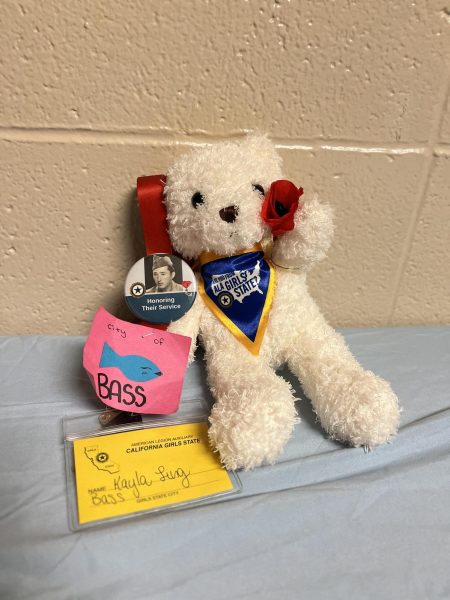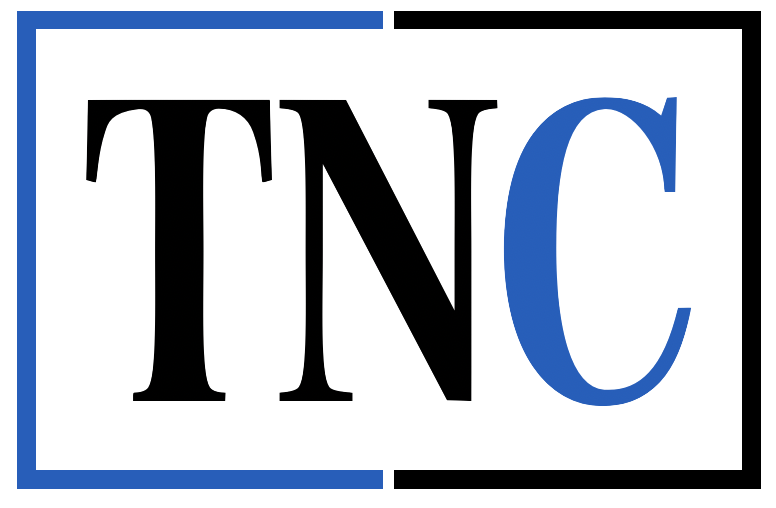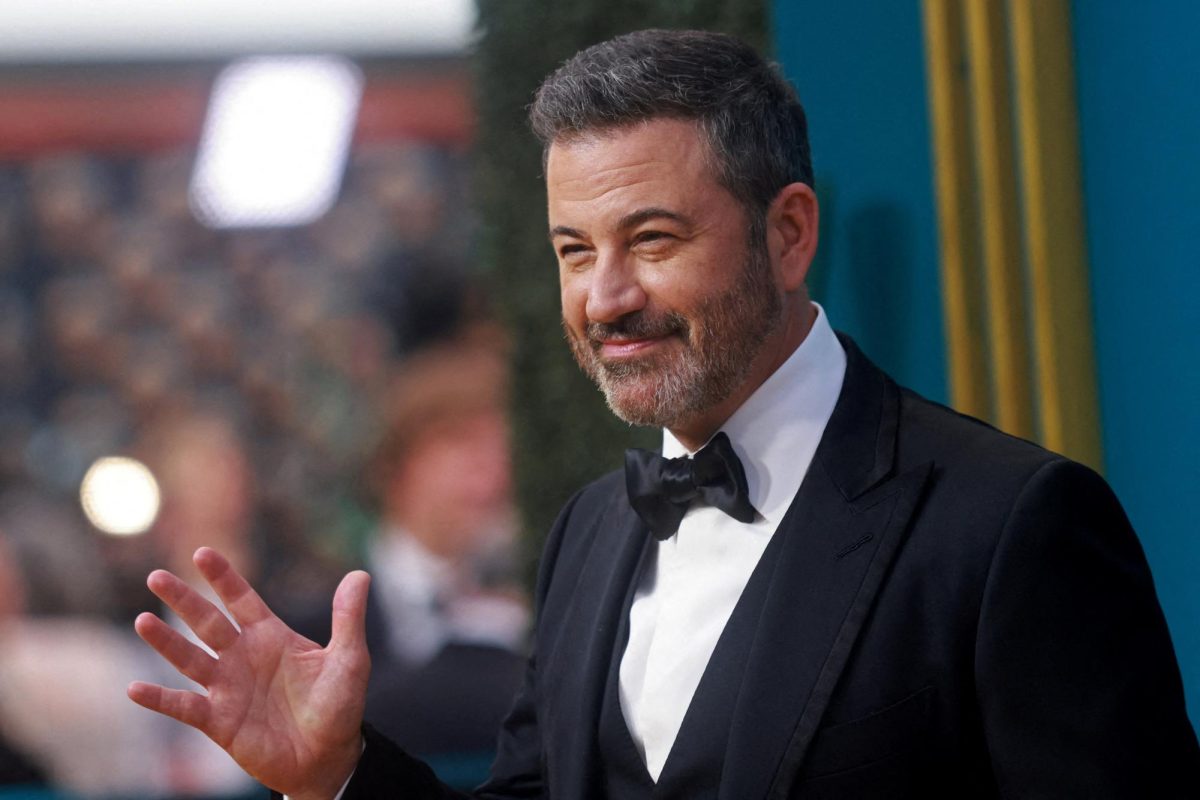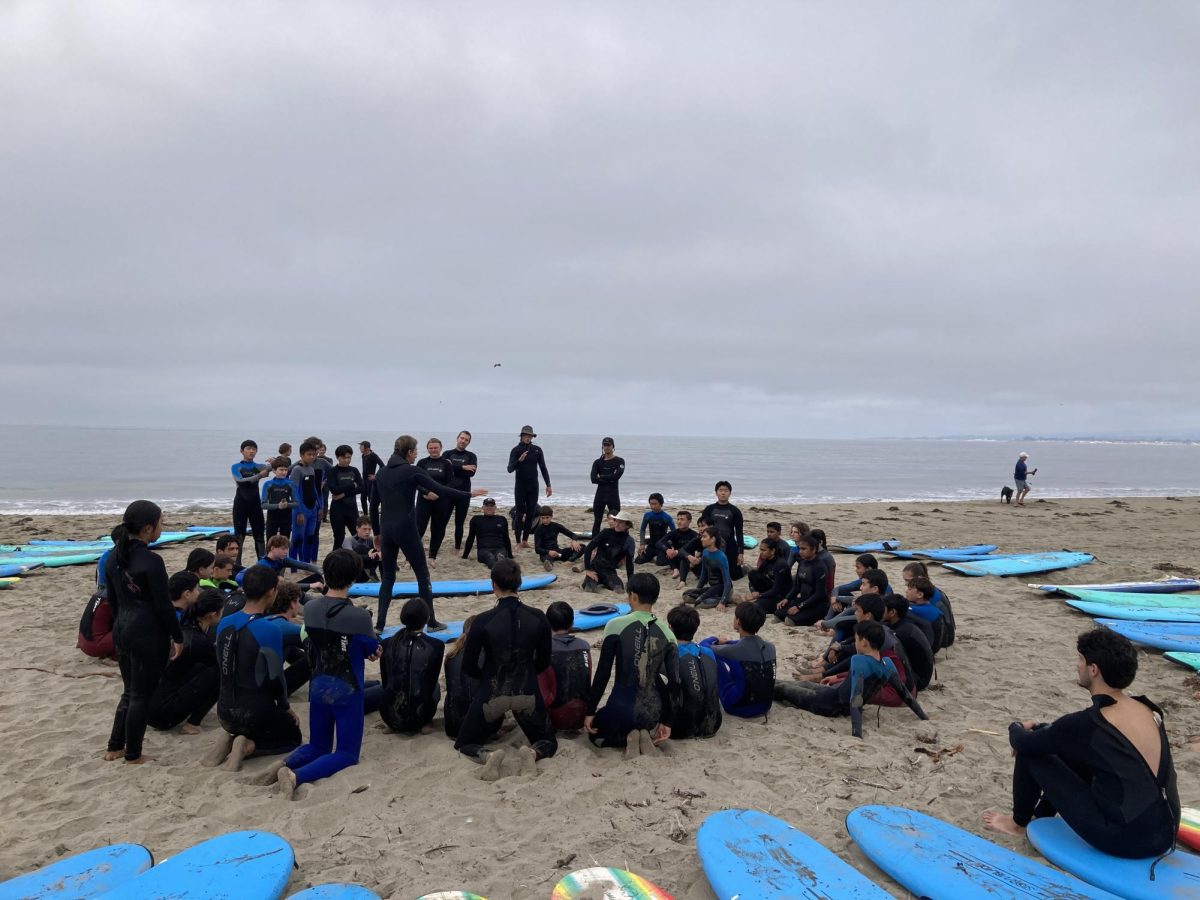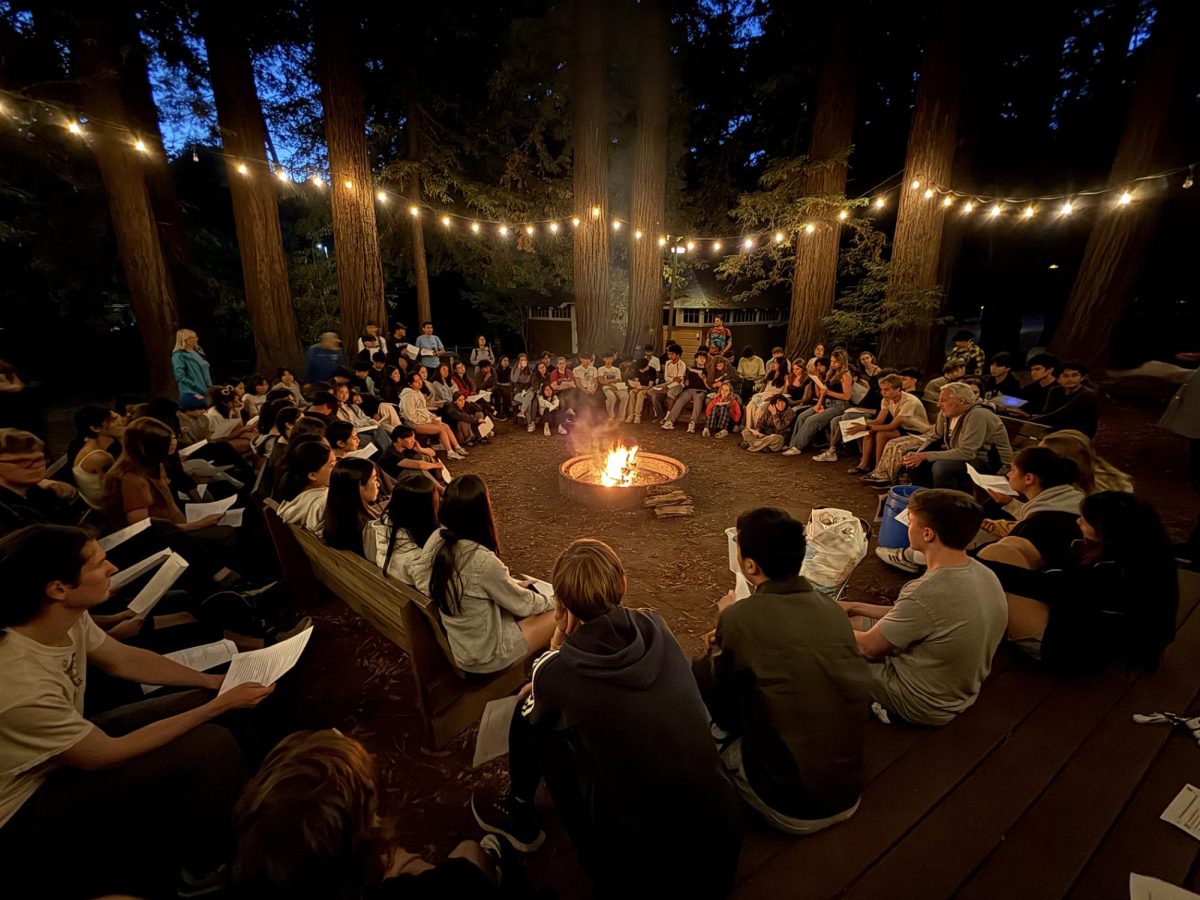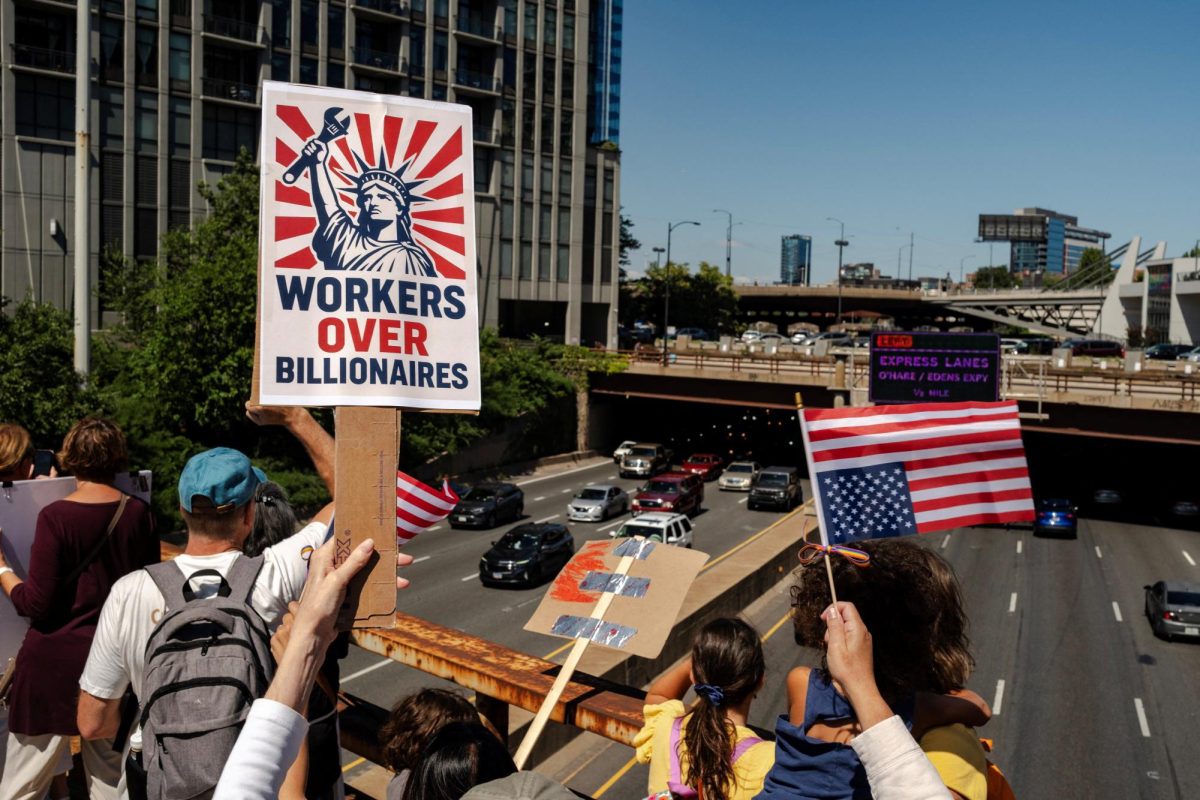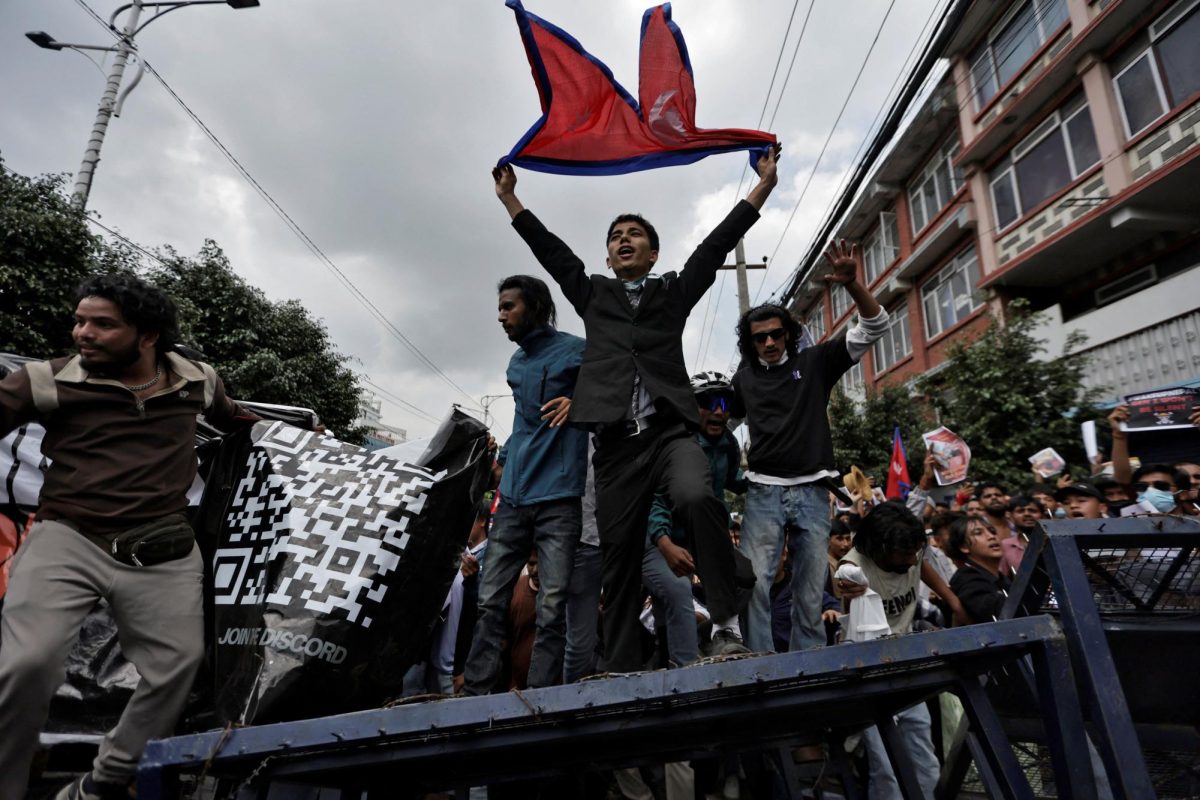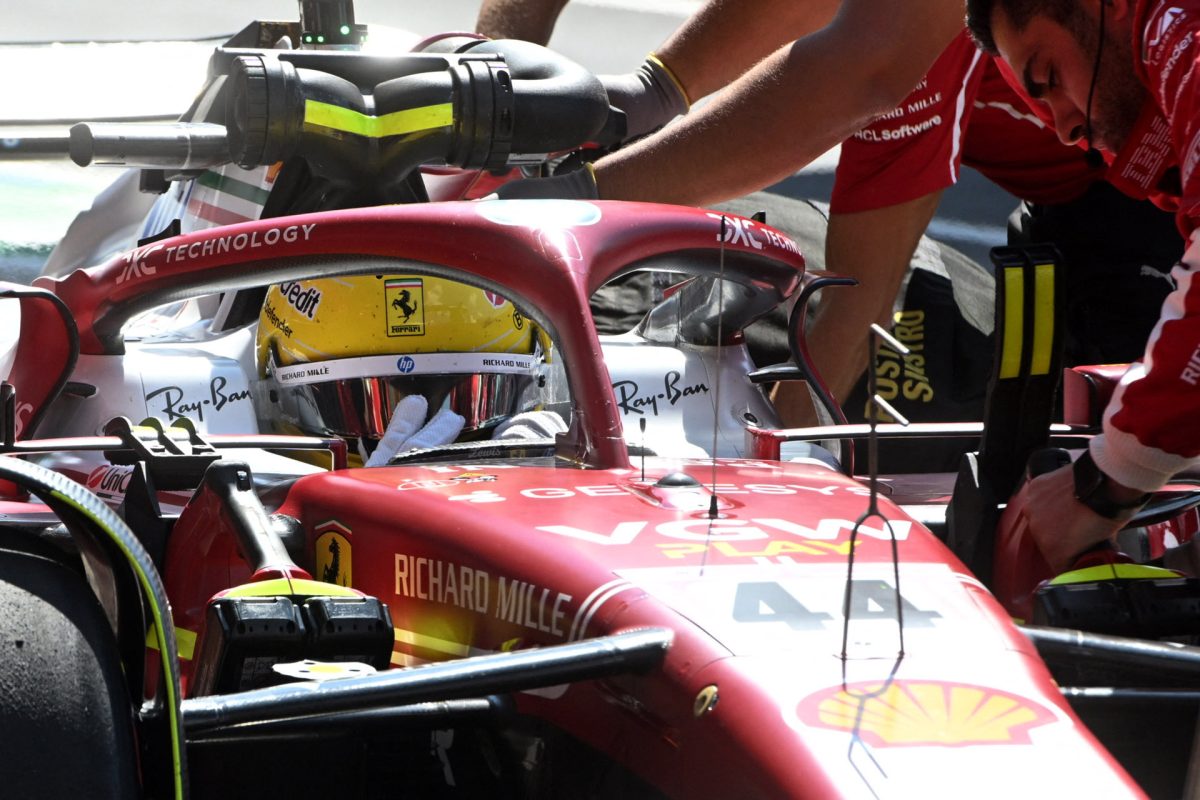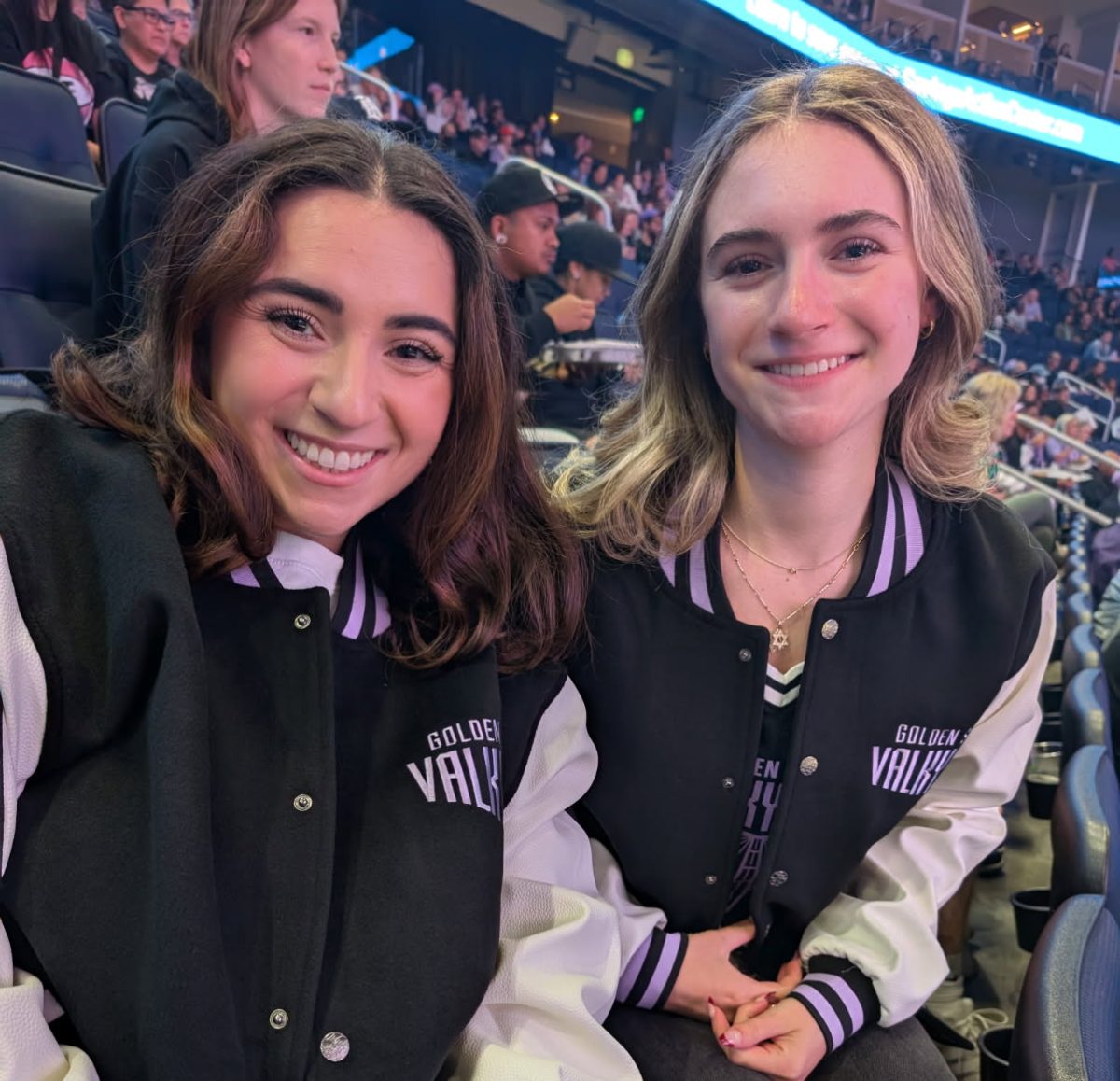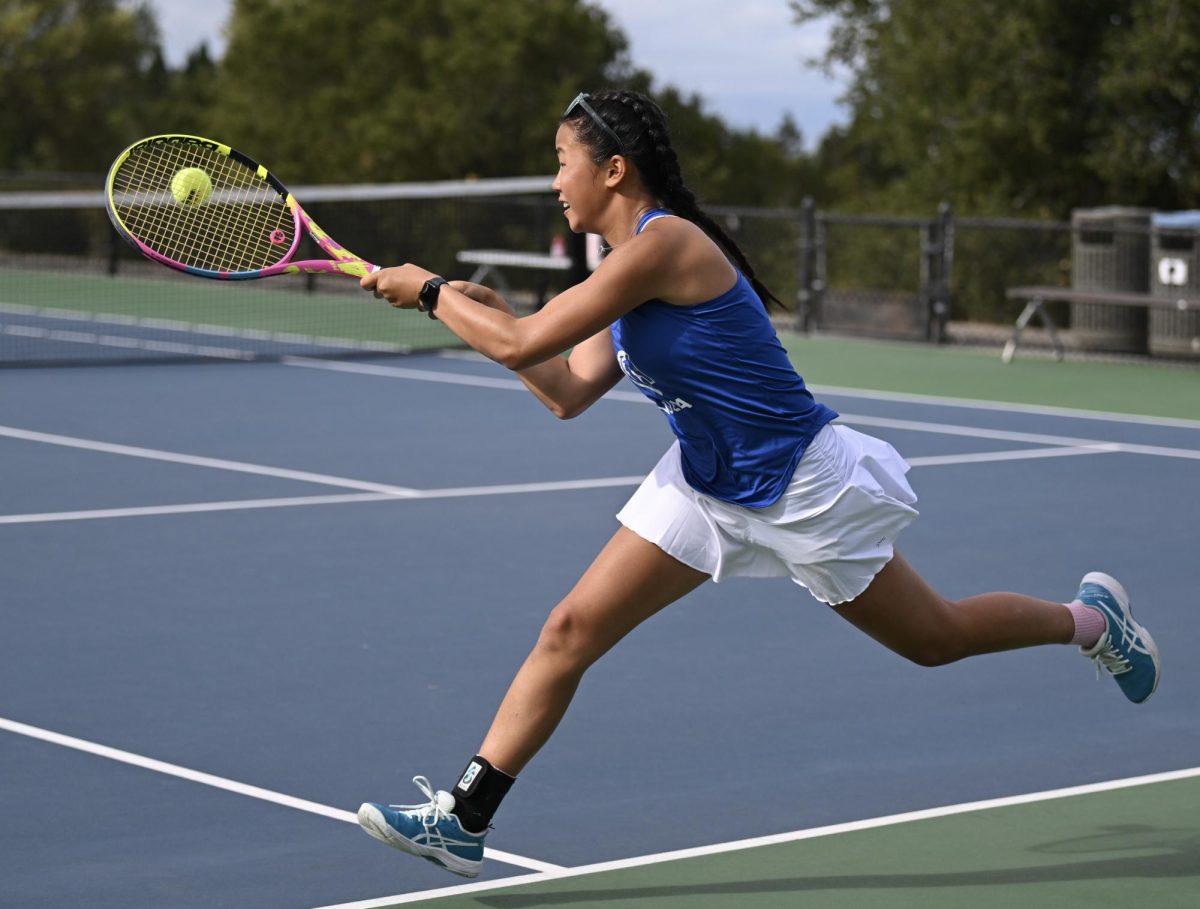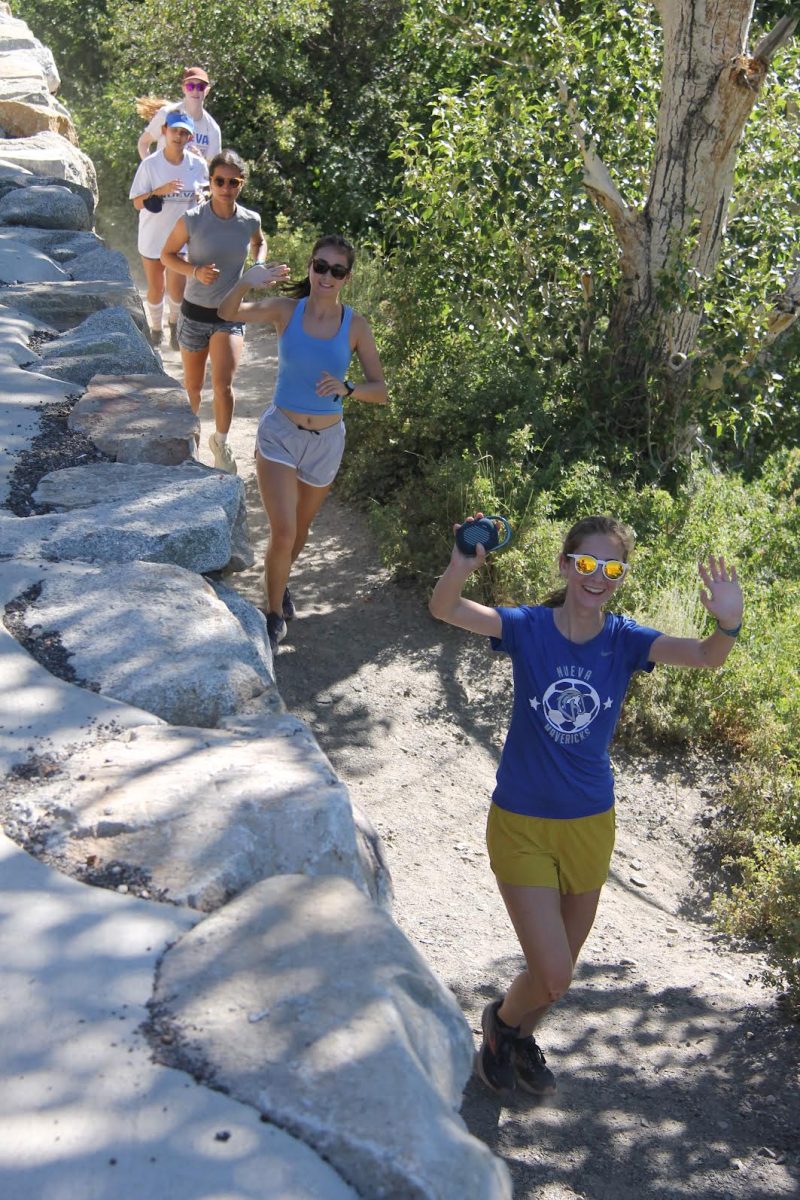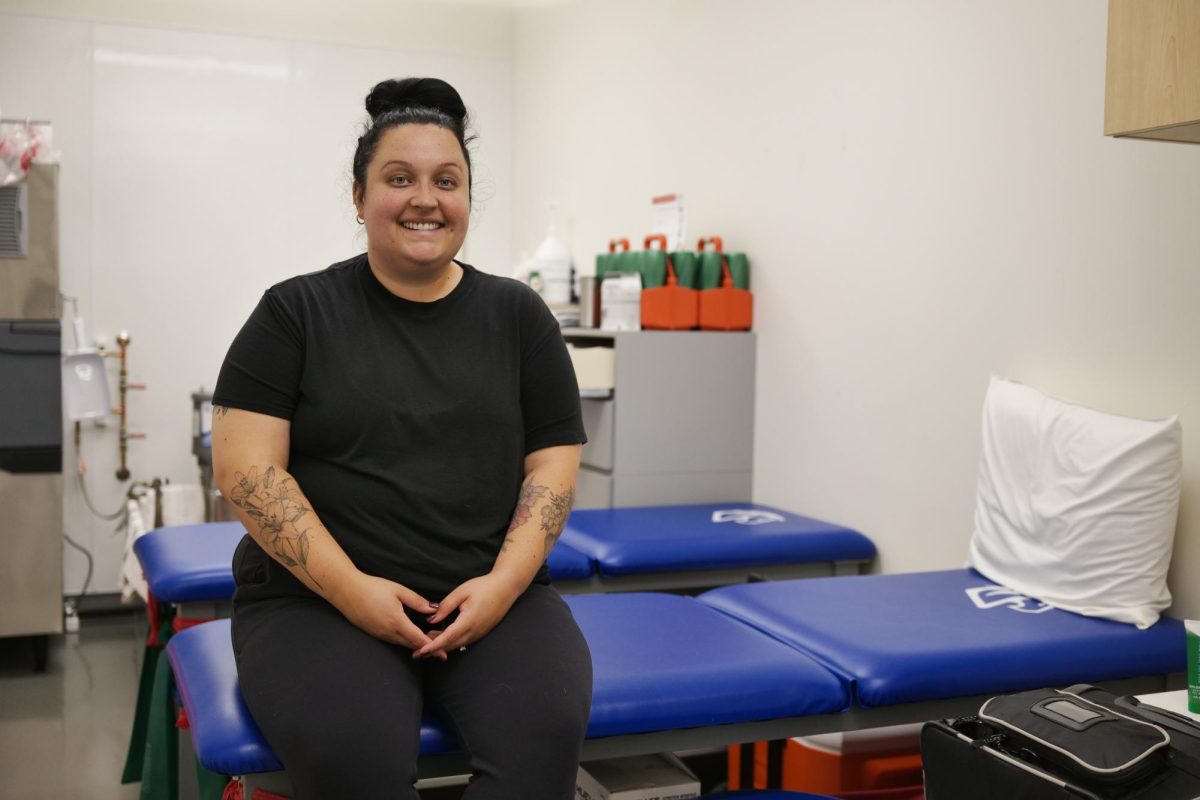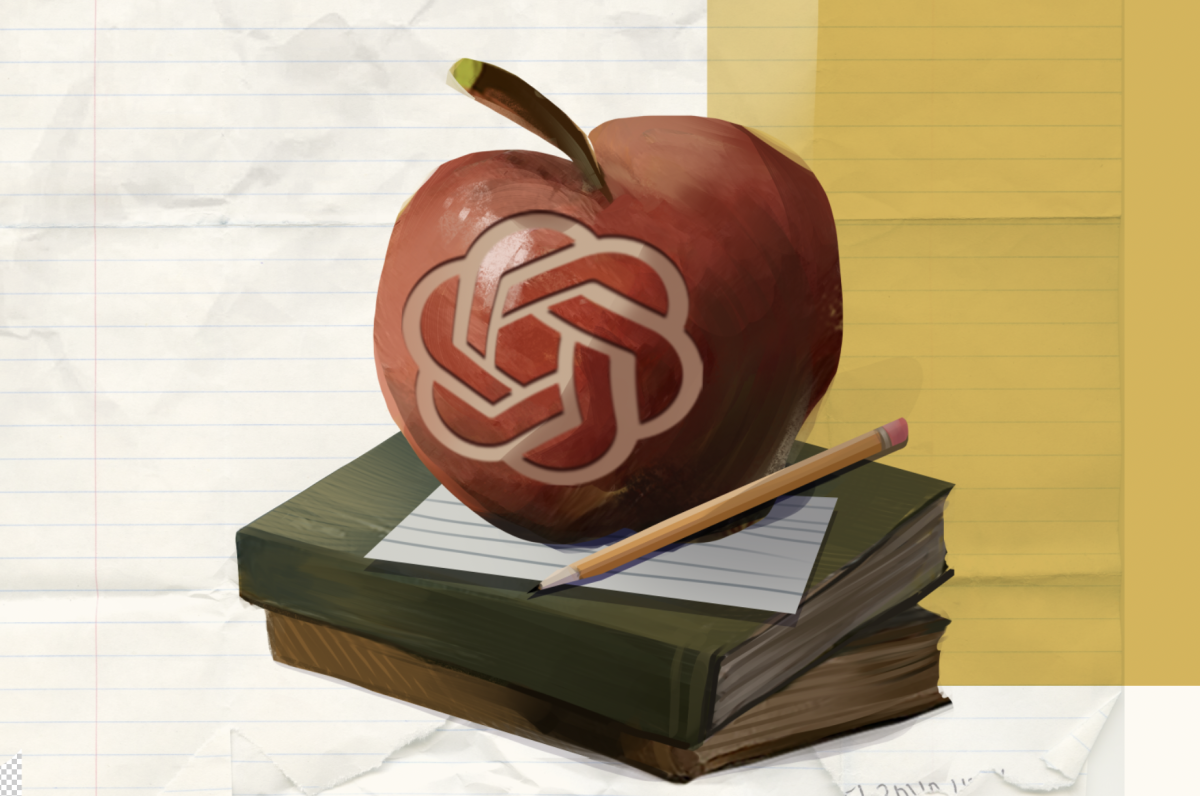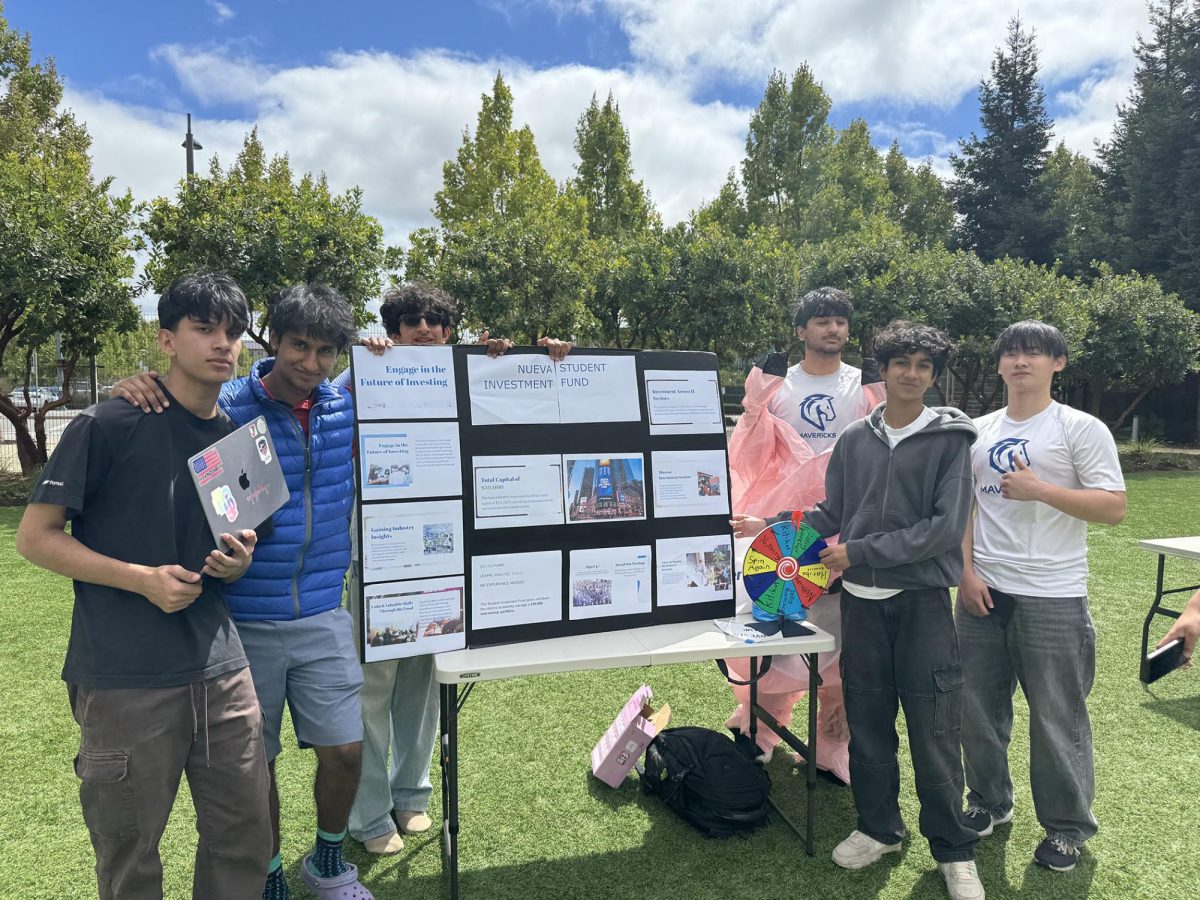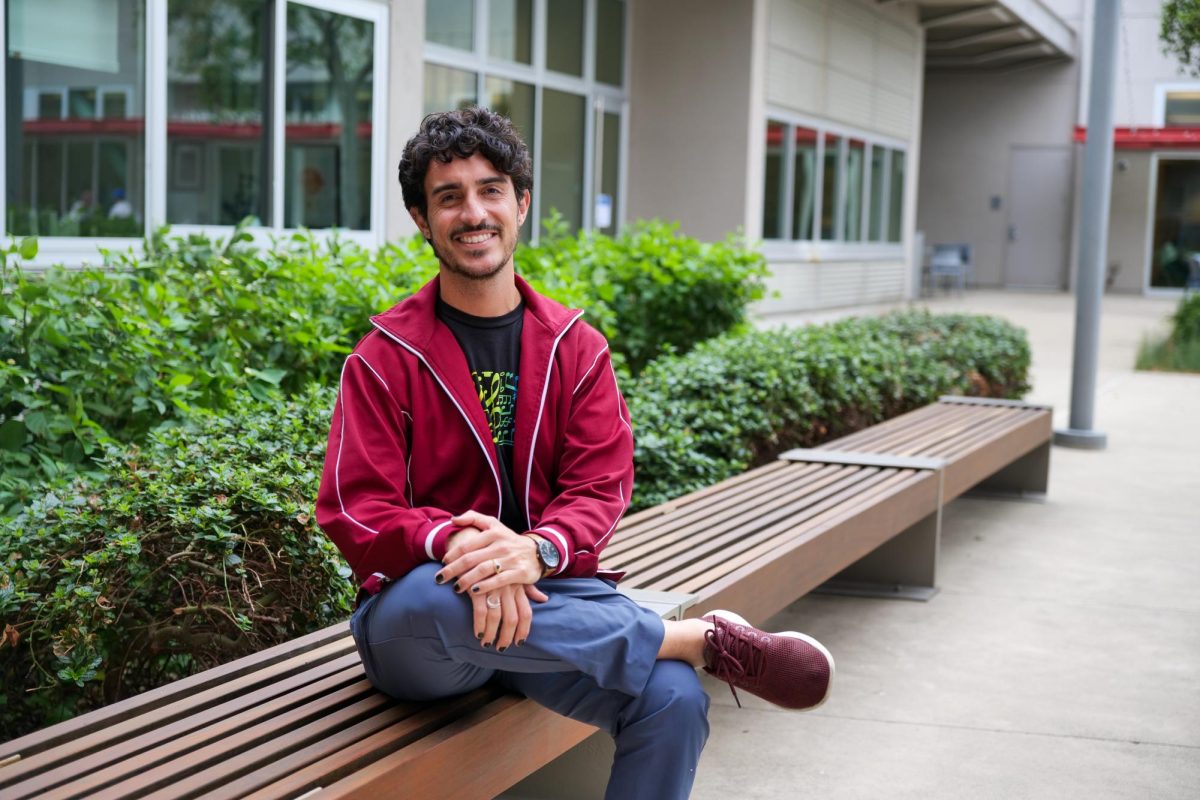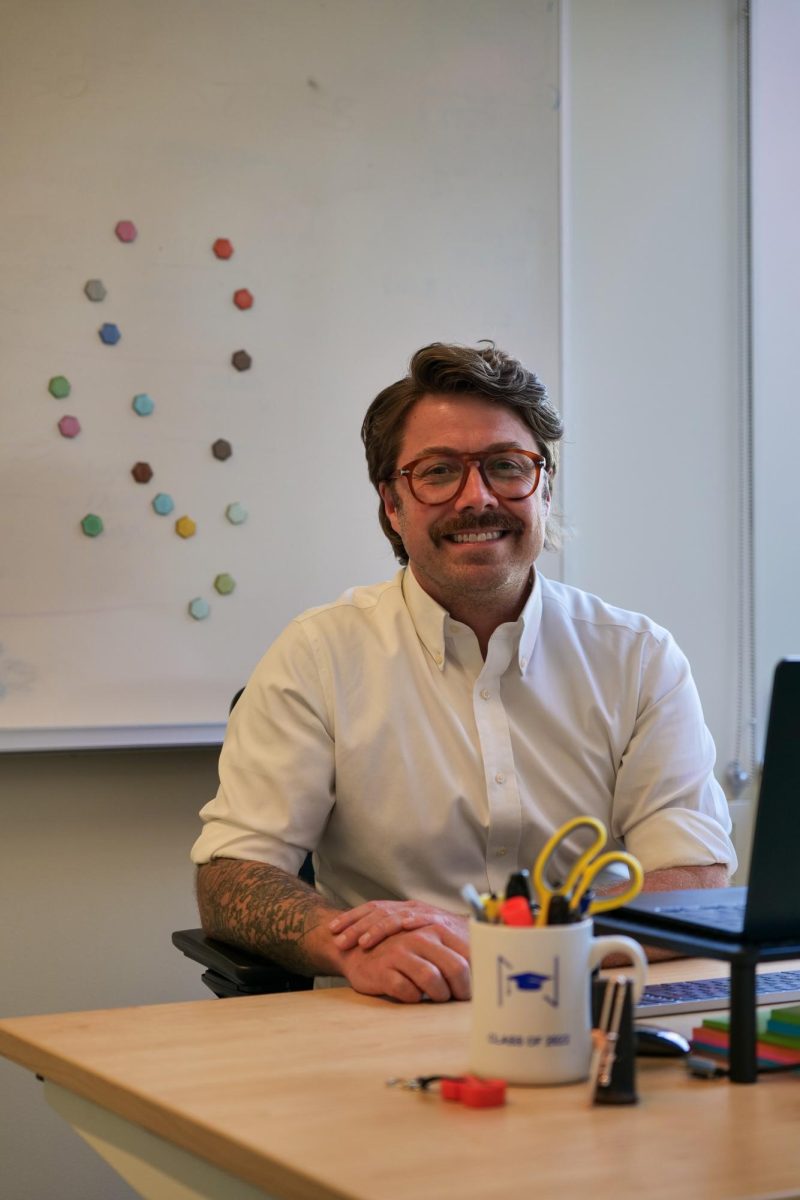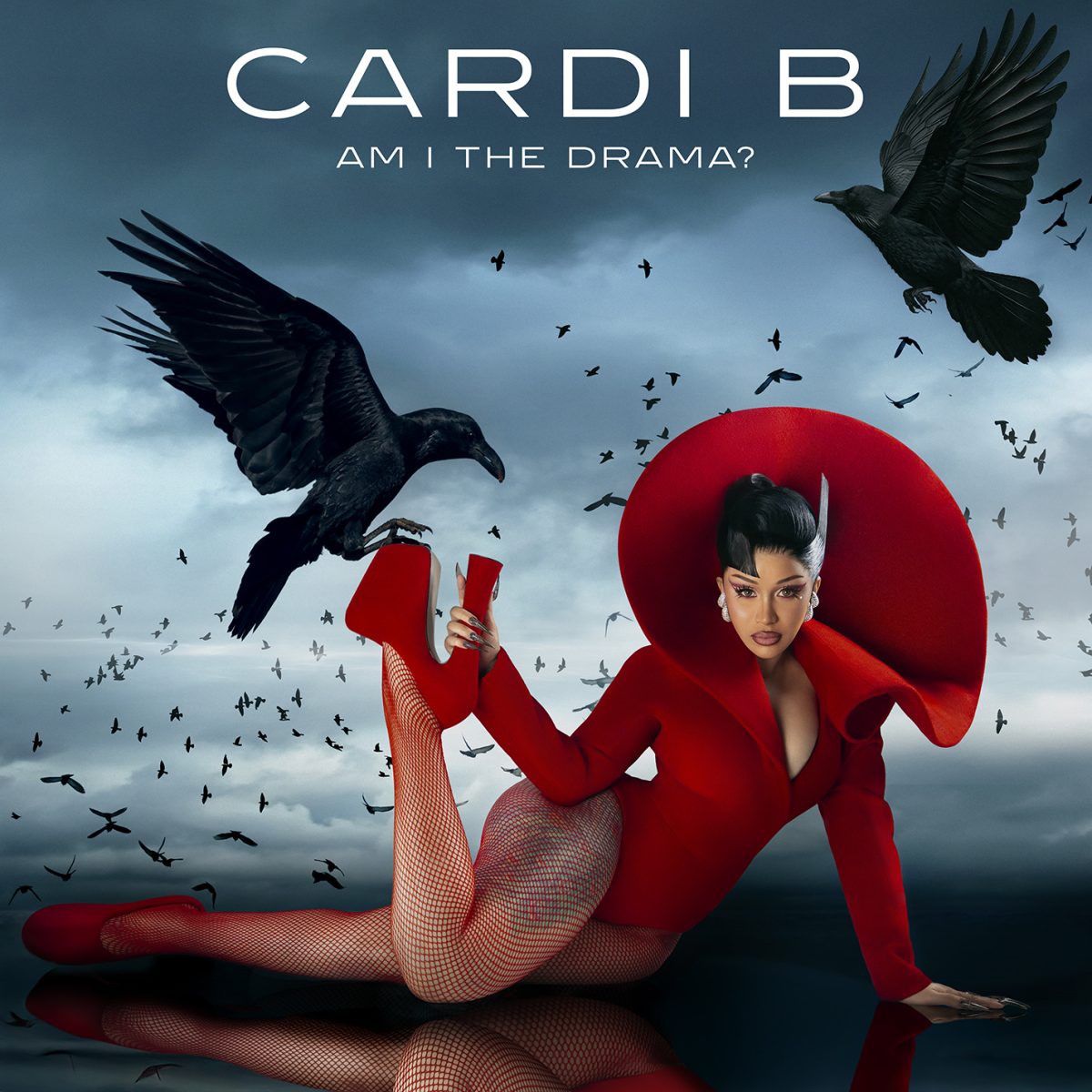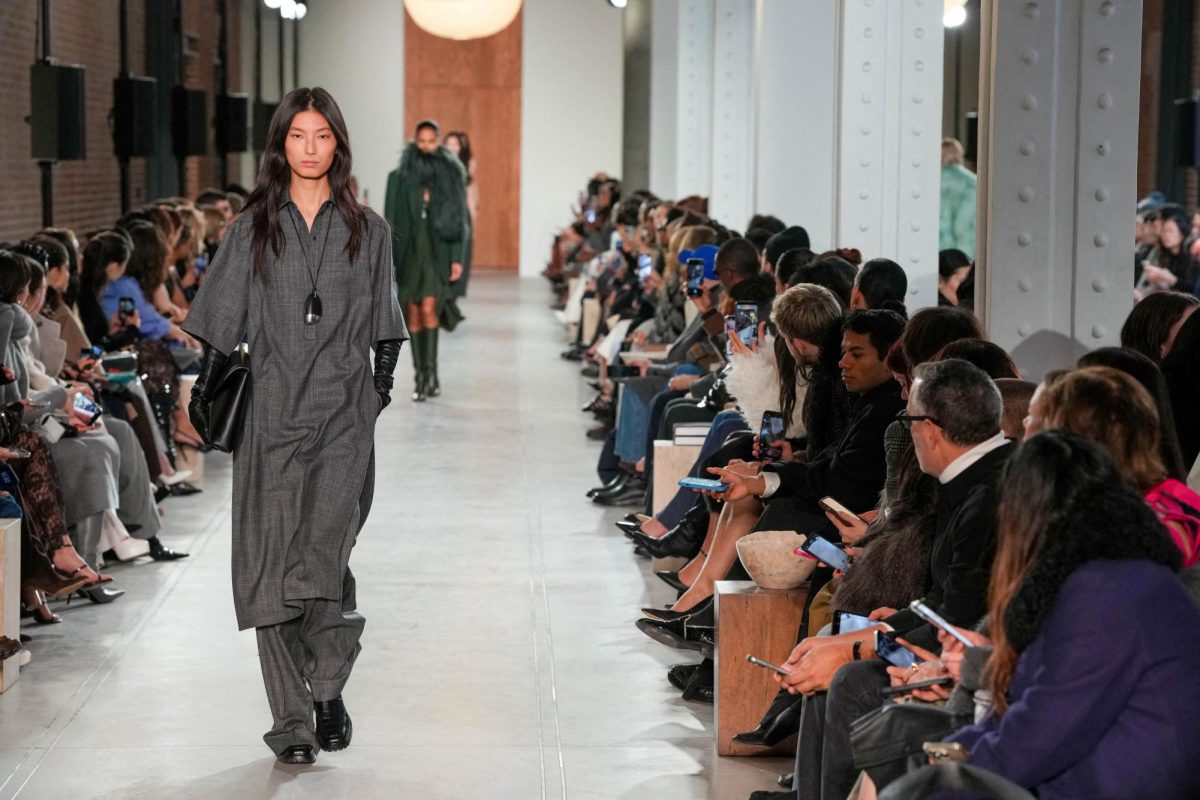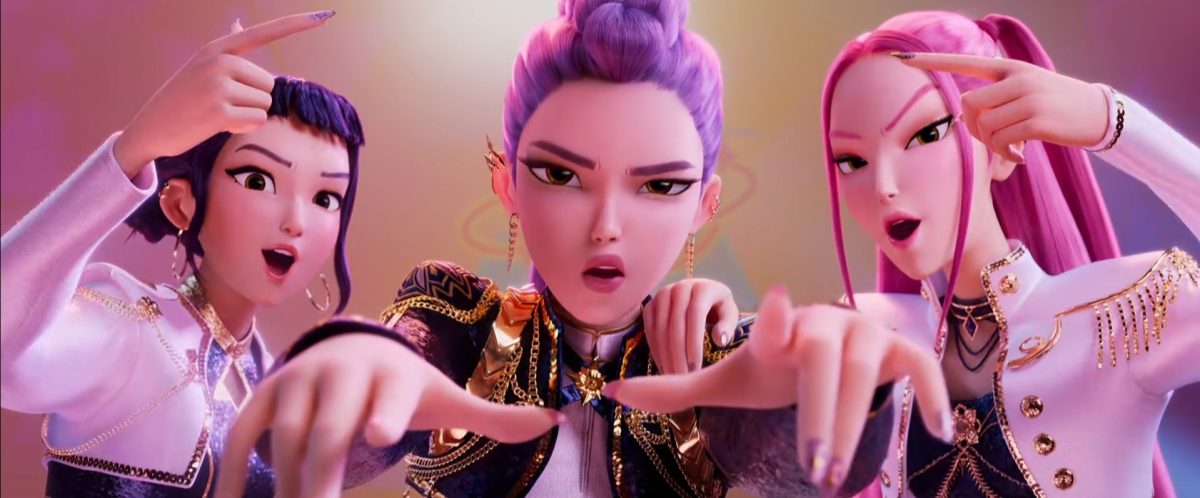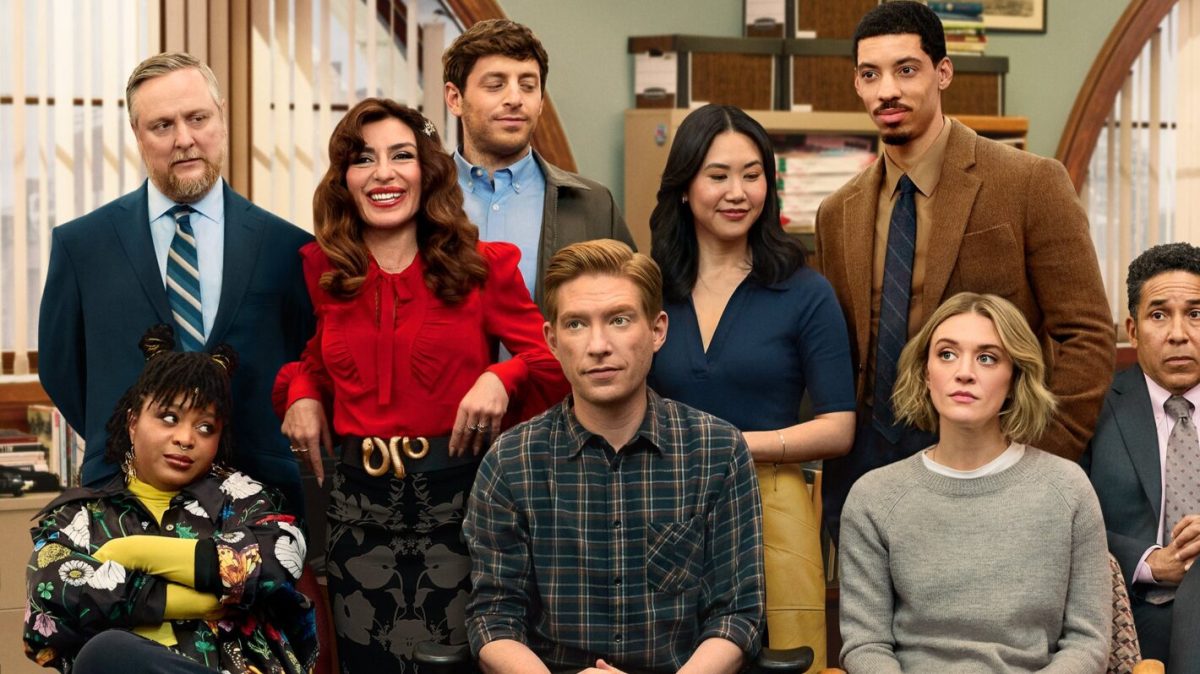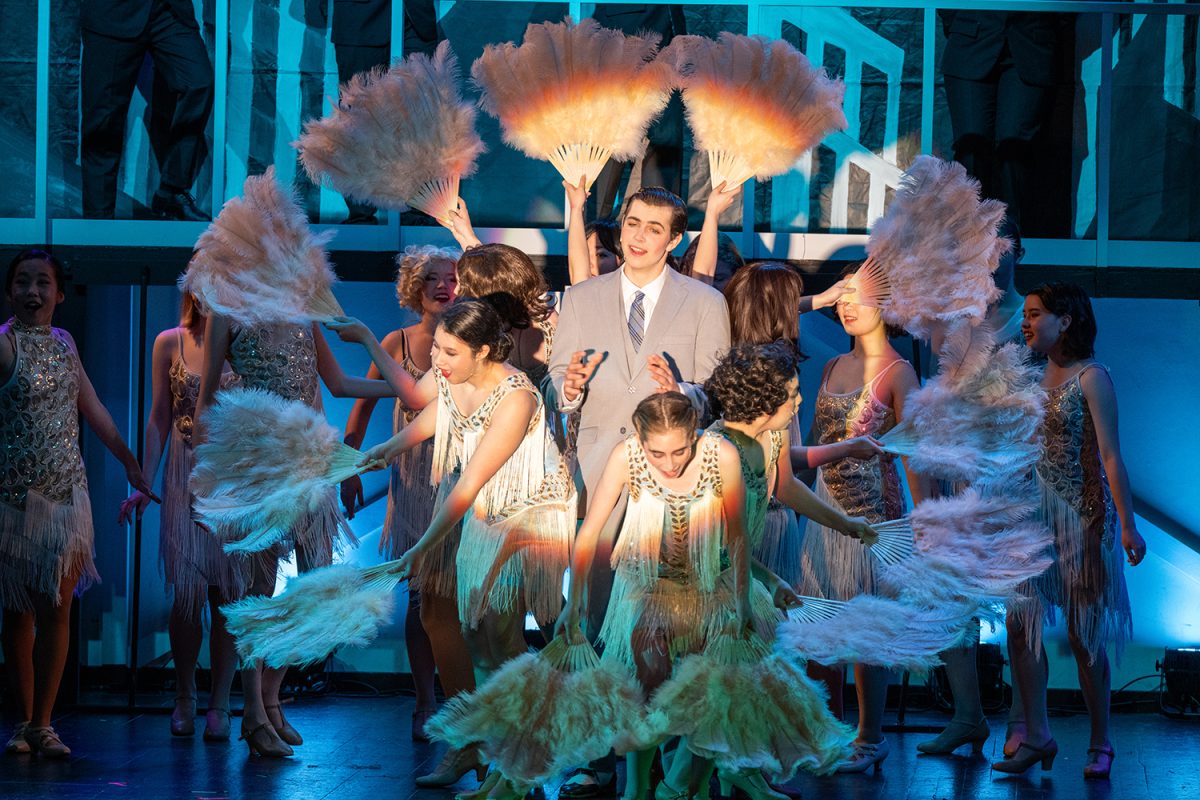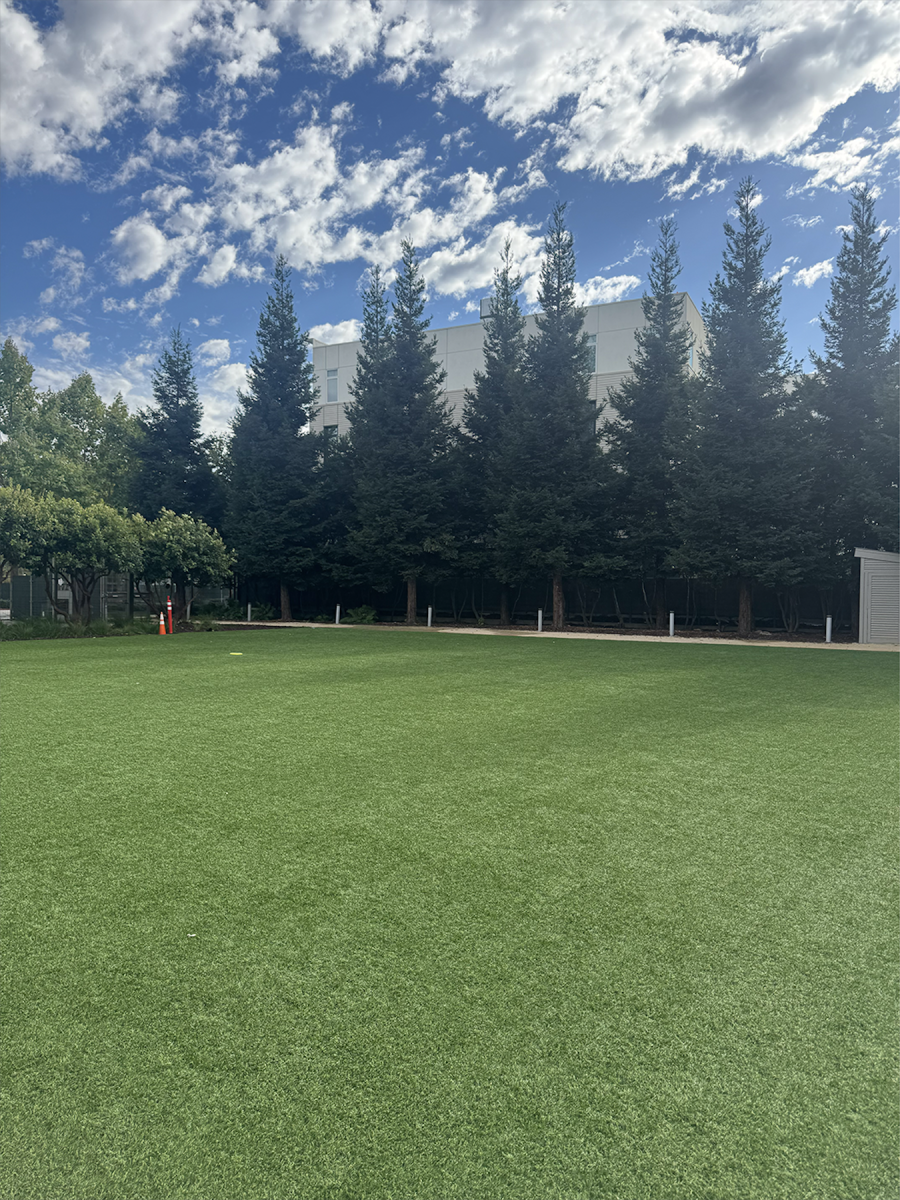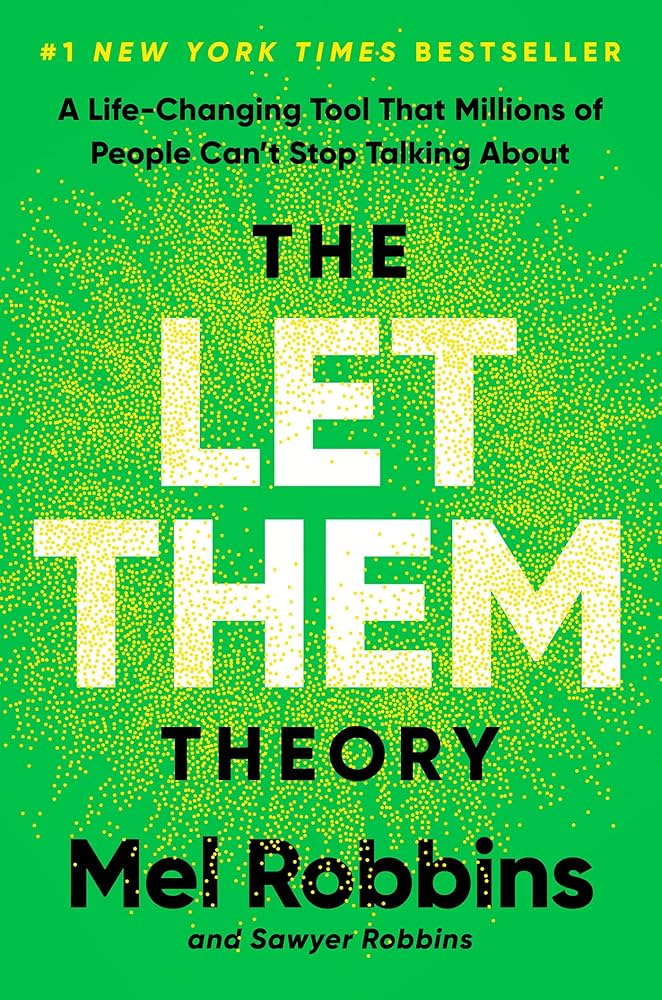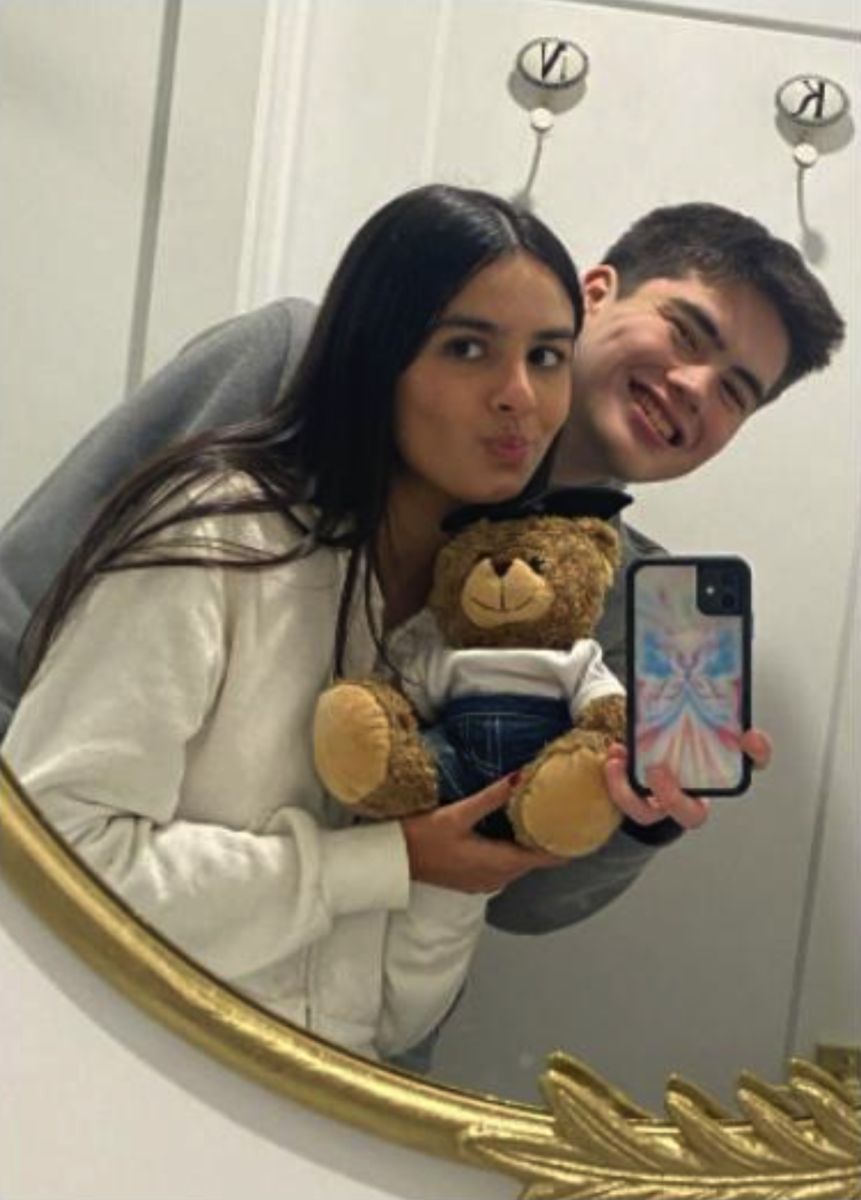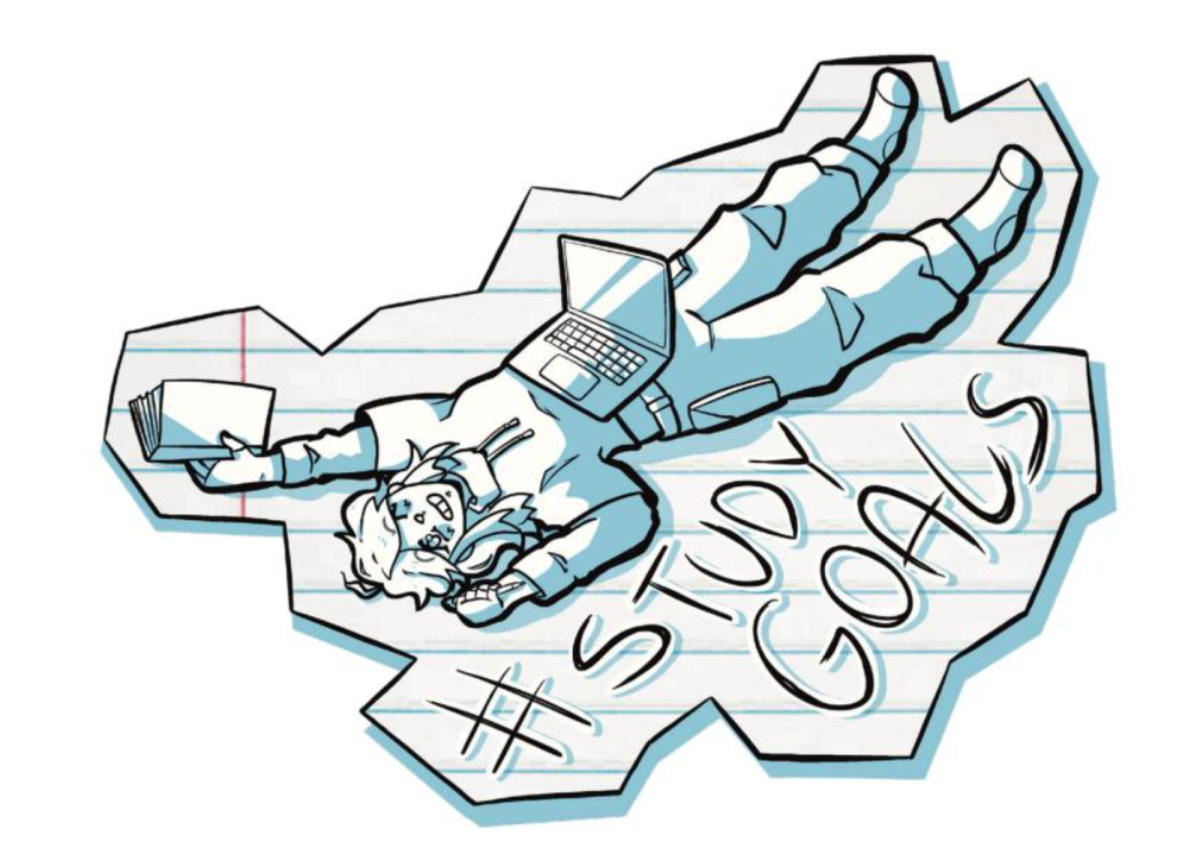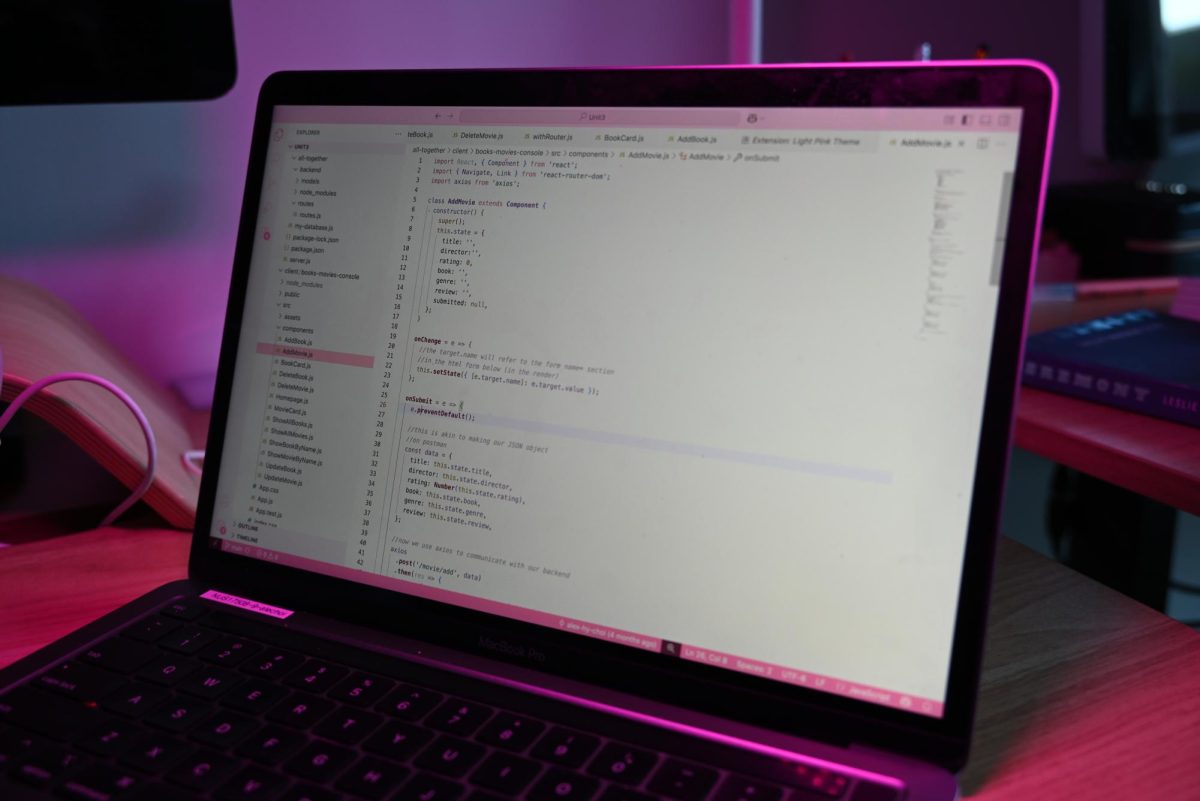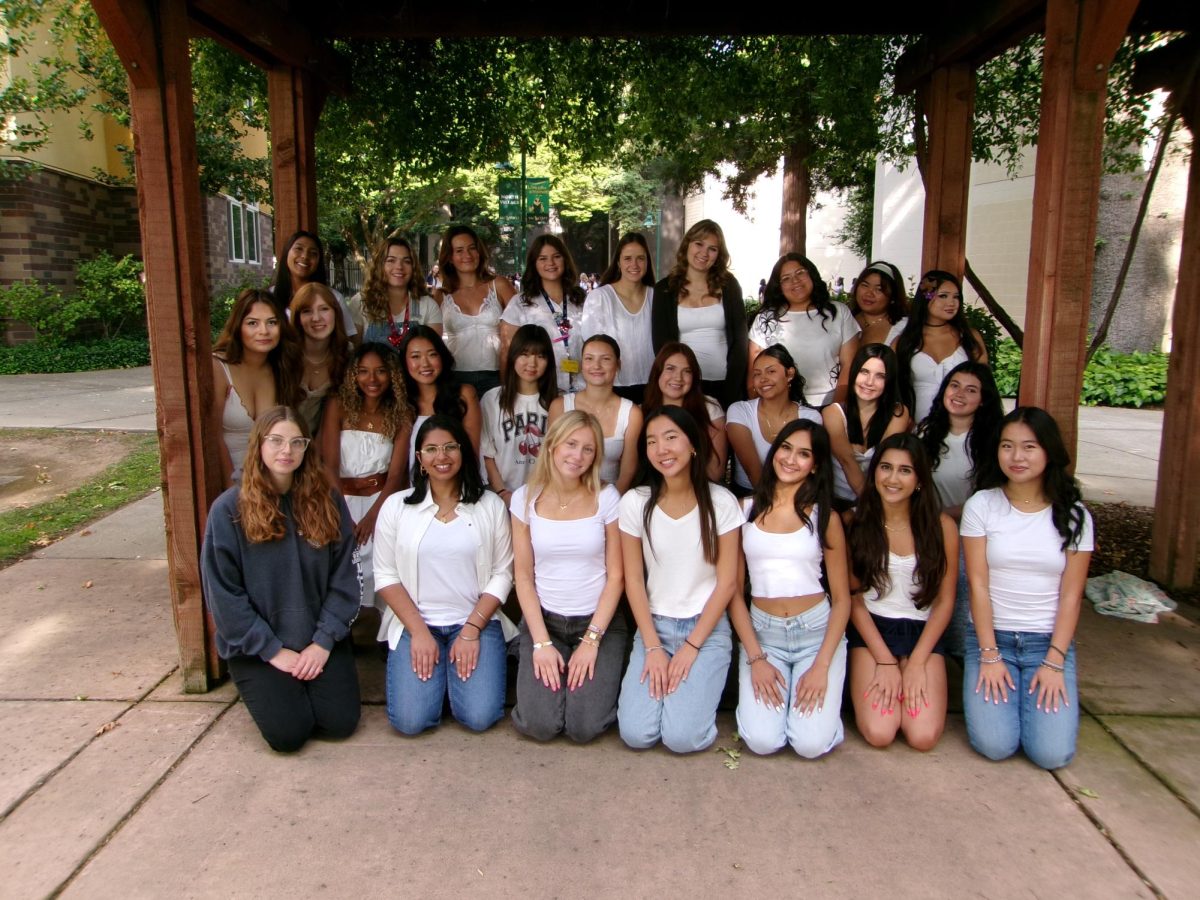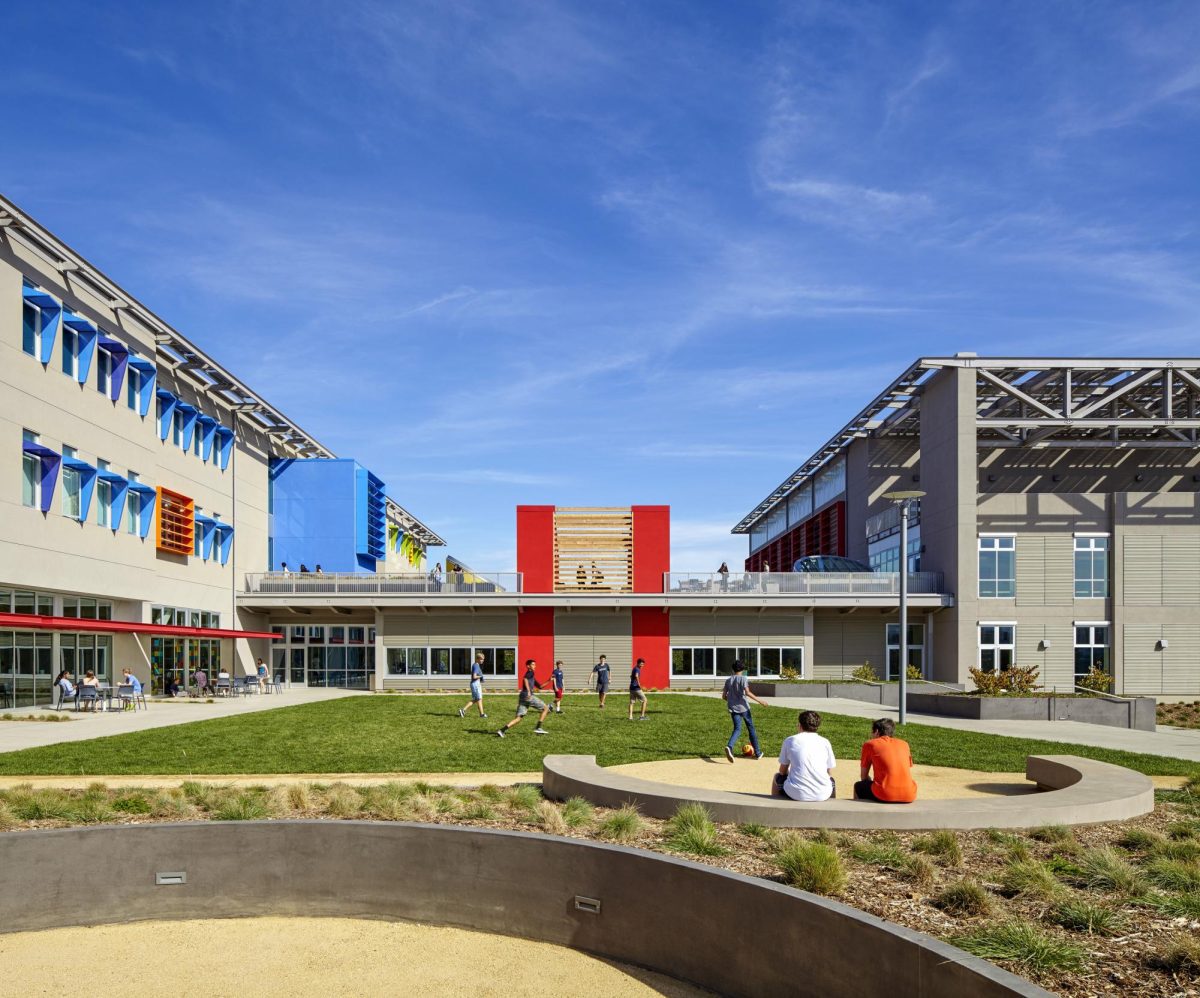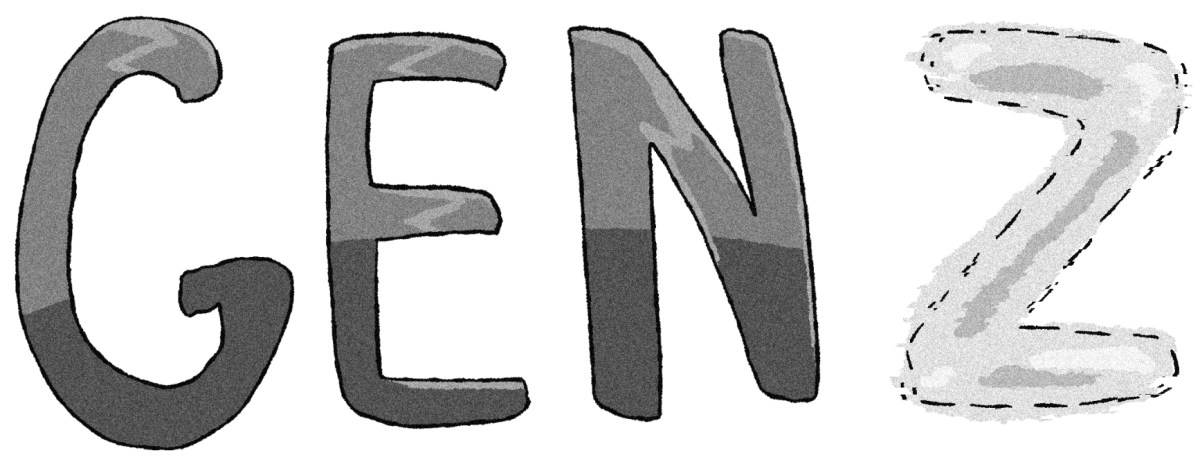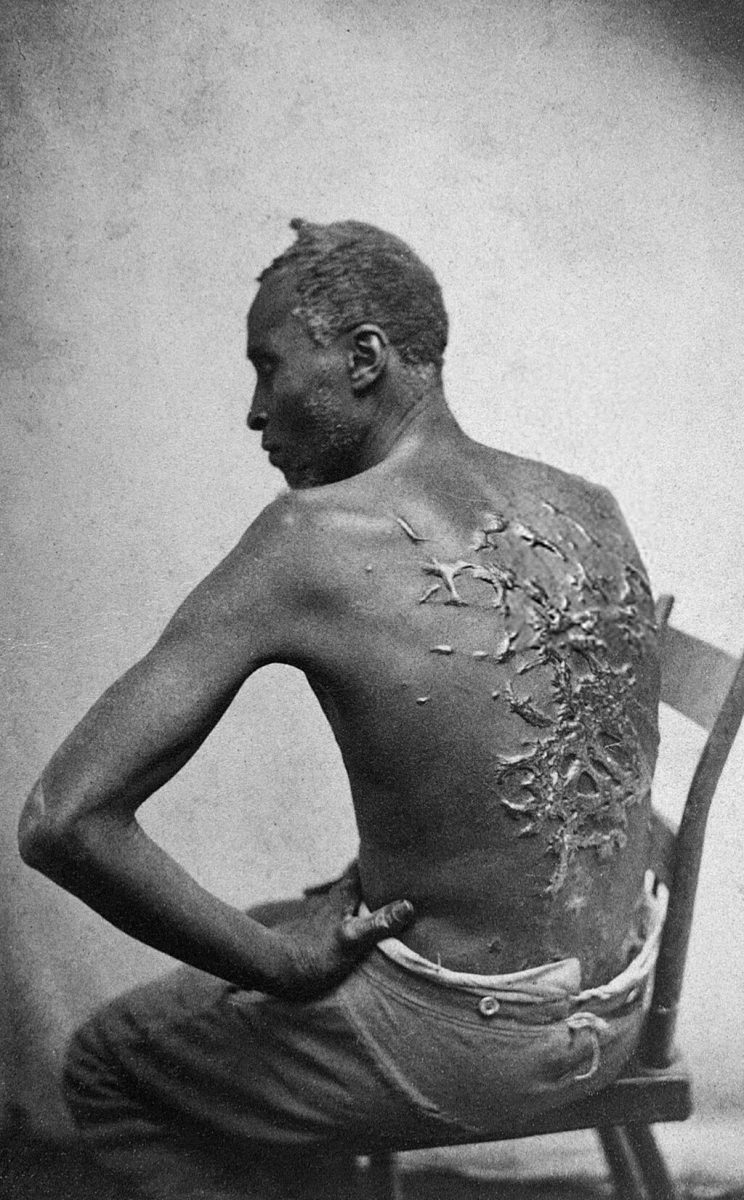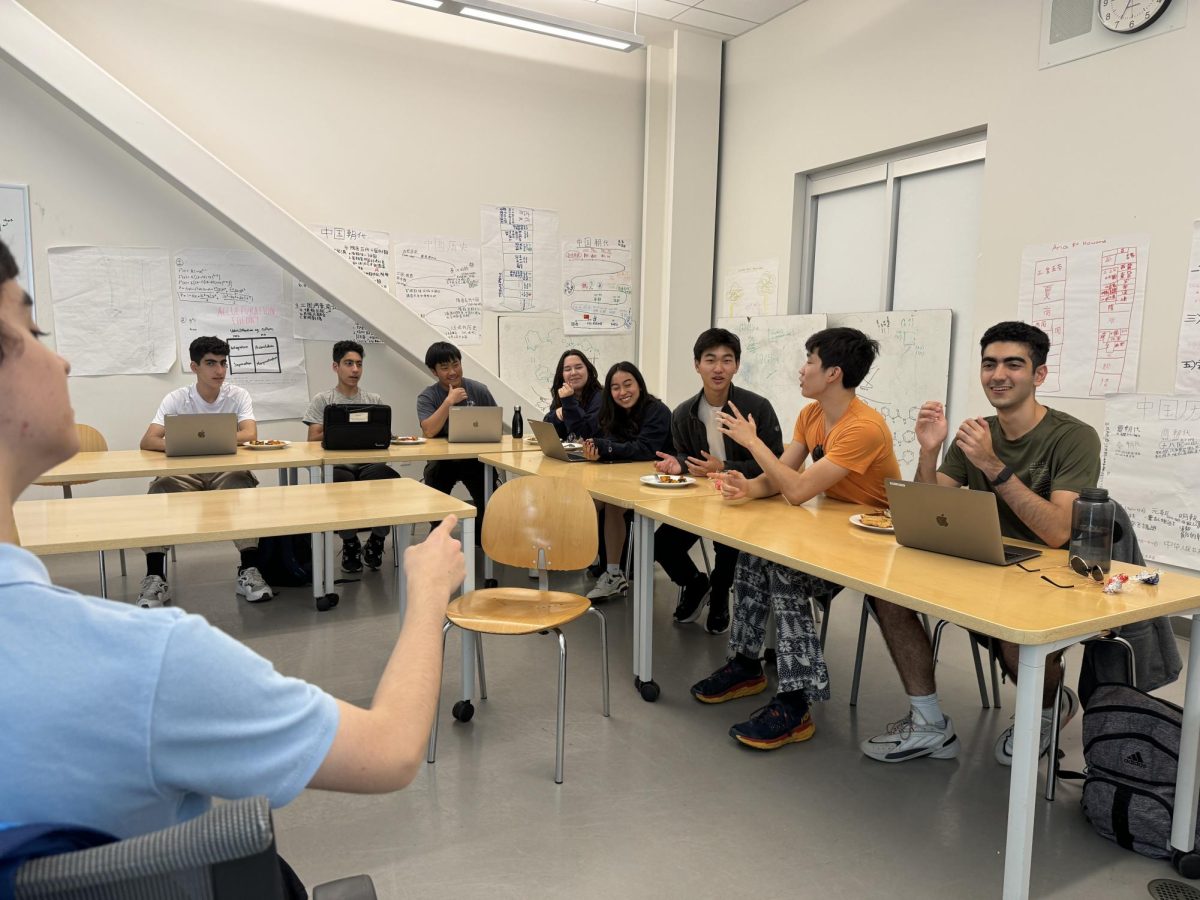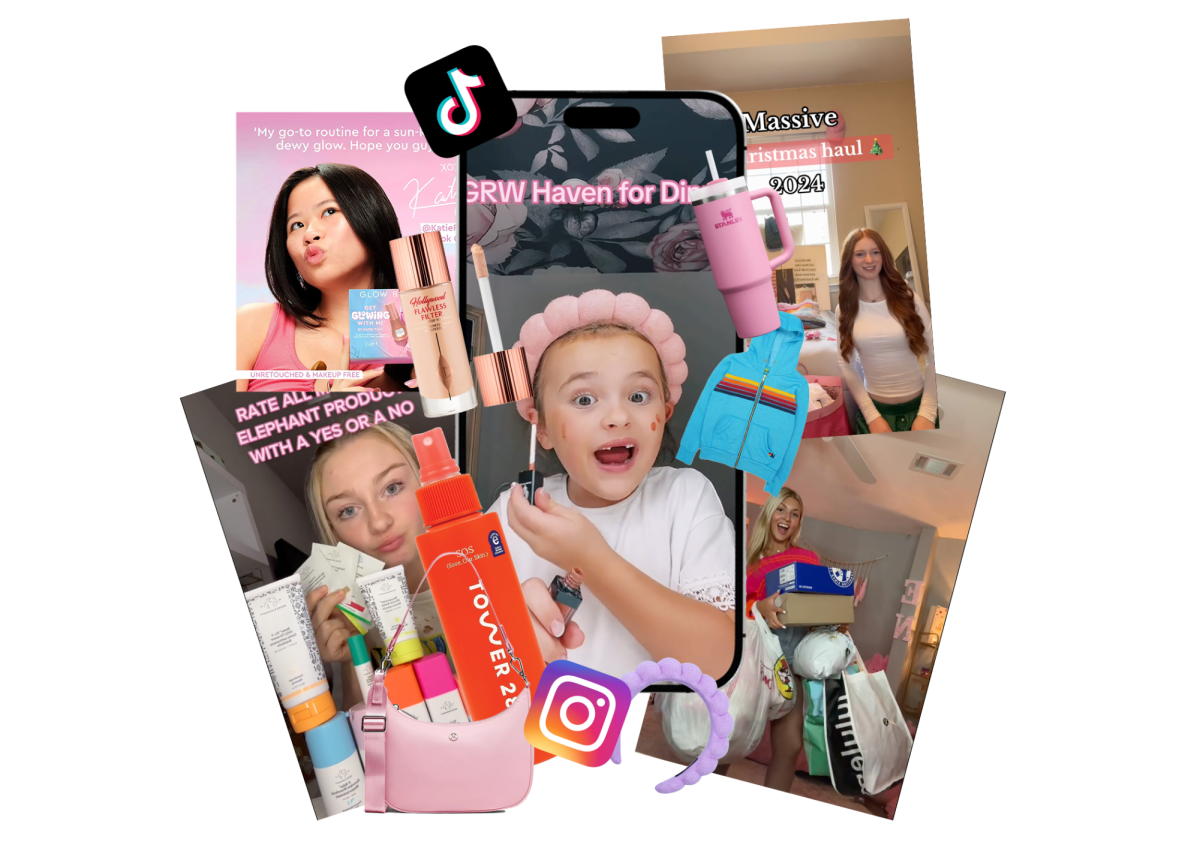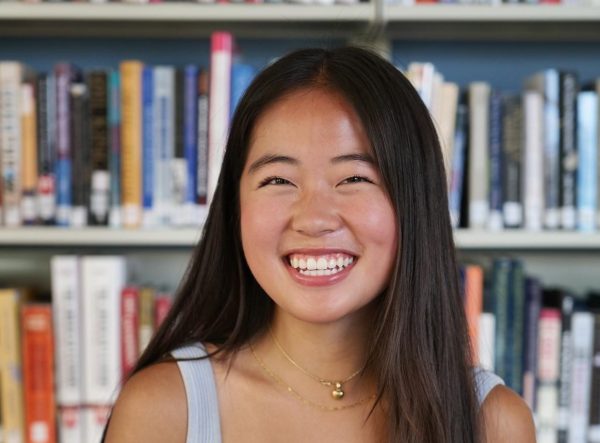This summer, without warning, abnormal growths began to form in my mind. Foreign, they first metastasized slowly before expanding more rapidly. While they significantly shifted my brain chemistry, these formations were not physical, but mental—moderate and conservative ideologies pushing me to question my personal belief system:
Taxing big oil and gas companies should solve climate change—but wouldn’t consequent higher energy costs have really problematic effects?
Governor Gavin Newsom’s push to gerrymander California defends Democrats—so why does this move seem so petty to me?
In the last week of summer break, when I saw a guy named Richard—a guy who donned a red “Make America Great Again” hat—how did I talk so casually to him?
Yet, just a few months ago, I was convinced that ideas beyond the Bay Area “liberal bubble,” and the people who voiced them to me, were cancerous to society. Now, after a summer of challenging but rewarding discourse, I know that ideological diversity is something to prize rather than avoid; as I plunged into the intense depths of civil discourse, I began to discover healthy grey zones in a political culture that often demands black-and-white narratives. Ultimately, I learned to be more accepting of people across the political spectrum without fully compromising my fundamental personal values—a skill that I hope every American can embrace in this era of extreme political polarization.
I dove into the waters of civil discourse at the American Legion Auxiliary California Girls State, a week-long leadership program in Sacramento with 450 girls from all over the state. The girls and I spent so much time together in meetings, meals, and our dorms that we bonded intimately within days.
While some girls represented more liberal regions like me, it was also clear that many girls and the Girls State program deeply cared about traditional, religious, and rural values. We woke up every morning at 6:30 a.m. to do a flag raising and the Pledge of Allegiance, we said prayers and “Amen,” and I learned about JROTC (Junior Reserve Officers’ Training Corps) for the first time in my life.
While some of the activities were unfamiliar to me, they reminded me of the great appreciation I have for our country, its people, and those who defend its values—whether through military service, public leadership, or open-minded discussion.
At Girls State, delegates were randomly split into two parties to form the political foundation of our imaginary state. In one meeting we had within the red “Nationalist” party, over 200 girls debated several “planks”—issues that form an overall party platform—and surprised me with a diversity of perspectives that I had never before heard.
I was surprised when a girl right behind me stood up and urged everyone to consider the importance of fossil fuels in our energy system and in our daily lives. She did not deny climate change, but she was also not against fossil fuels. As an engaged climate activist, her viewpoint was one I don’t often get the chance to hear.
While our opinions did not align, I immediately admired this girl for her bravery in being a dissenting voice. Urging myself to overcome my limiting biases, I turned around and tried to talk to her like I would my best friend: “Hey girl, tell me more about why this topic matters to you.”
As I listened and asked more questions, I learned that Rylie is the daughter of fossil fuel workers, and her family lives in a small Central Valley town dependent on extracting fossil fuels for its economy. Later, she told me that no other delegate had wanted to talk about her family’s background.
I realized, at that moment, my responsibility was to listen to and learn from her. I witnessed the power of assuming best intentions despite different backgrounds, and I intentionally freed myself of the pressure to “win” Rylie over. I am so glad that I did; now, as I fight against climate change, I realize that we must consider the impact of vulnerable communities like Rylie’s in a transition away from fossil fuels.
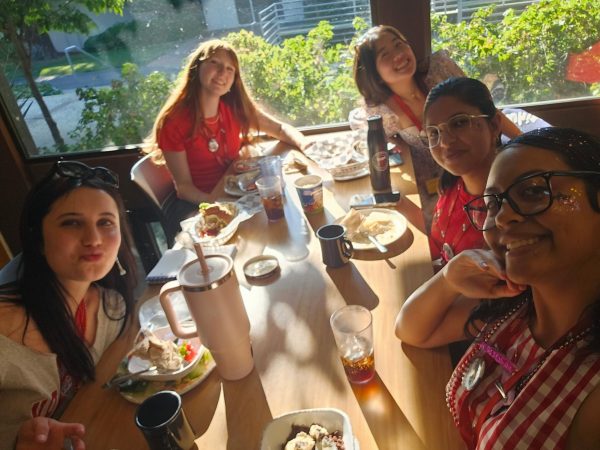
Some conversations at Girls State stretched me even more. One night at dinner, girls who had become my very close friends began to share their opposition to abortion. They talked about beliefs I had only heard on social media and from removed GOP politicans, like that a baby’s life is a God-given gift that starts at conception.
I regret that, in the moment, I was horrified into silence. I didn’t understand how young women could so confidently embrace a belief that seemed, to me, profoundly at odds with their own interests. Every ounce of my body rejected the borderline-alien ideas that the other girls were easily agreeing with. See, I had never even met one person who was openly pro-life—my mind was blown that I had shared meals with several for the past week.
Looking back, I wish I had asked more questions or even offered my own perspective. Since I’ve had time to reflect after my Girls State experience, I now realize that the Bay Area’s lean toward pro-choice ideologies and the seeming absence of openly pro-life women—and other people—didn’t mean that I had any moral high-ground over pro-lifers. Instead, I had solely let my imagination fill in the gaps of my ignorance. I reacted so stiffly at that dinner table because I had imagined that pro-life supporters were either evil or uneducated, and yet the girls at Girls State were truly anything but. They were kind, unconditionally supportive, and incredibly intelligent leaders in their communities back home.
Would I still have befriended these girls, if I had known about their differing political beliefs upfront? In all honesty, before attending Girls State, I would probably have declared “no!” without any hesitation. Yet, I now feel incredibly disappointed that I once felt confident in denying friendships with brilliant people.
I once thought that writing off Trump voters and conservatives was taking a stand for what I believed in, but I now realize that I just lacked the bravery to open my mind and accept the very real—and unignorable—existence of political beliefs in America different from mine.
To be clear, I’m still learning to have civil discourse, but this summer has pushed me to try having as many difficult conversations as possible.
Recently, while walking on Burlingame Avenue, I encountered a MAGA supporter tabling next to an obviously Photoshopped mug shot of President Barack Obama. As an Asian American woman, I remain cautious of those who don red caps, but I shook Richard’s hand—ideologies don’t have to be deathly contagious.
While I assumed he would celebrate mass deportations or healthcare restrictions—topics on which I strongly diverge from the MAGA movement—he instead raved about fusion power’s economic benefits and globalization’s inefficiencies. These beliefs are, against all odds, often echoed in my eco-advocacy circles! For the 30 minutes we talked, I agreed with his stances more easily than I expected.
Through genuine curiosity rather than confrontation, I discovered shared positions with someone whom I had been conditioned to view as an evil adversary. Neither of us won an argument—but we didn’t have any to begin with. Through conversation, I reduced MAGA’s mysterious power over me—it became less frightening and impenetrable.
So, the question is if the new ideologies I’ve been exposed to have infected and altered my longstanding beliefs about political issues, and the answer is… Maybe? I’m honestly not sure yet, and I’m not embarrassed that I am still developing my personal beliefs as a 17-year-old, even though we live in a culture that frequently calls upon people to take definite stances.
This summer weakened my confidence in my views but strengthened my comfort in embracing unfamiliar perspectives. I know firsthand that it’s a grave oversimplification that half the country thinks wrong or differently than me: we are all products of different backgrounds with beliefs worth learning about. I know that good-hearted people hold ideologies different from mine, and those views are often based in lived experience—not ignorance or malice.
We all, regardless of where we fall on the political spectrum, must seek opportunities for understanding our fellow citizens. Lead with nonjudgmental conversation instead of trying to score points or win a debate. Above all, don’t be afraid to reflect internally and question yourself. Challenge your beliefs—I dare you.
